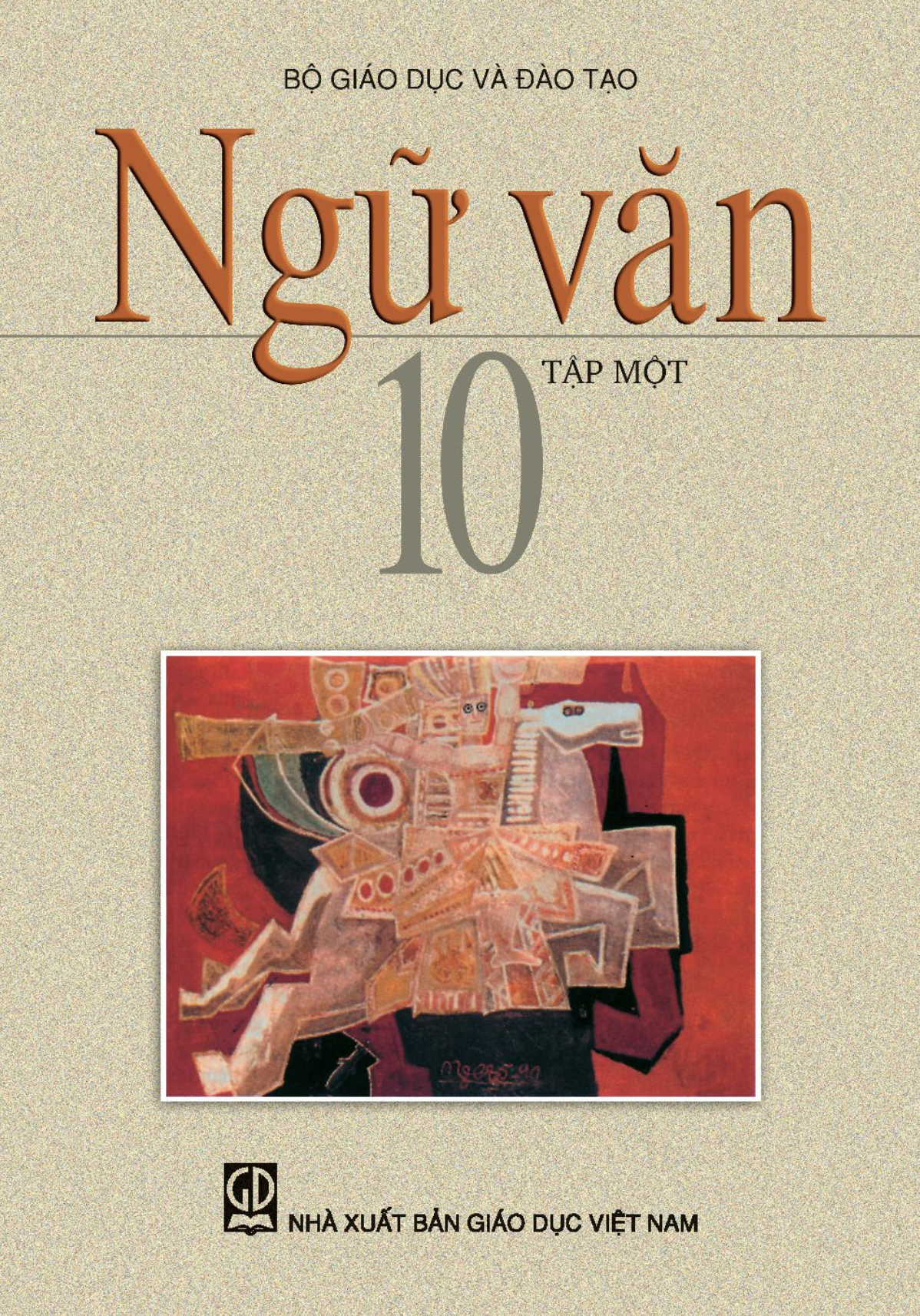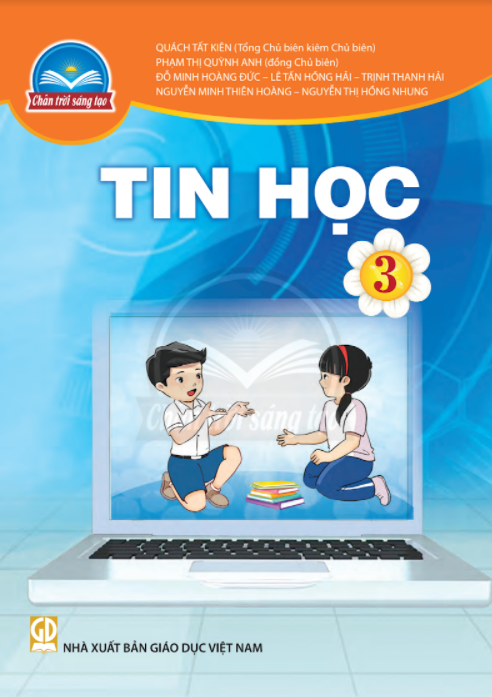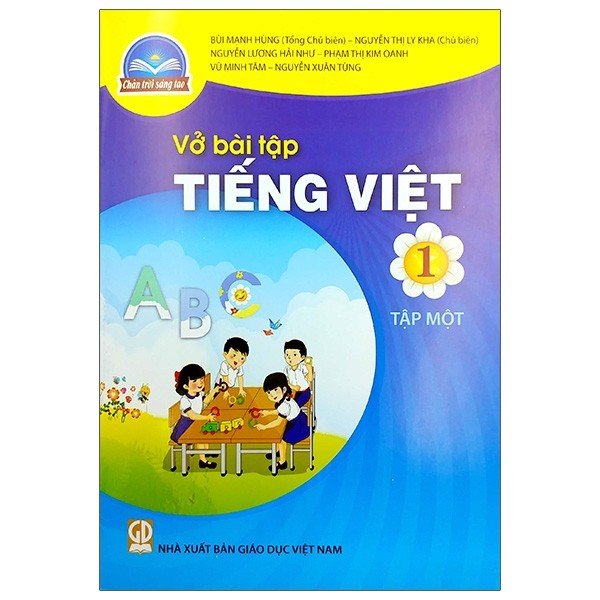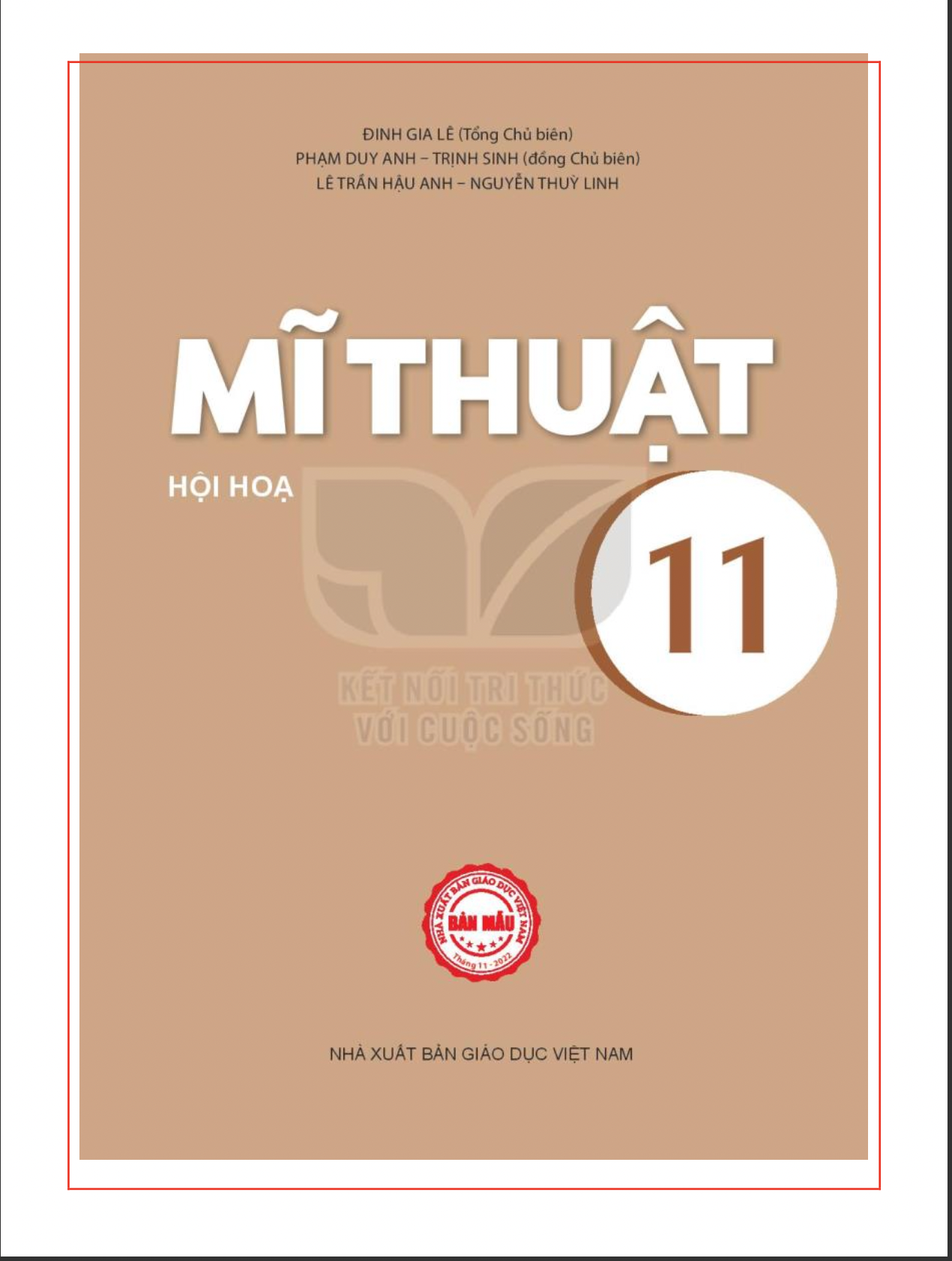(Page 134)
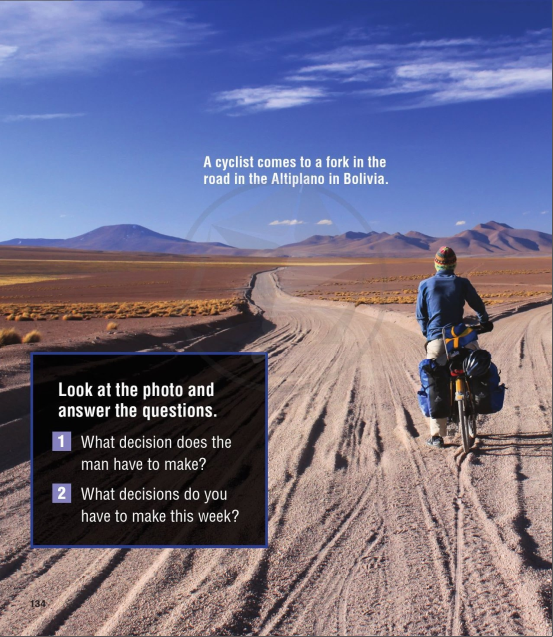
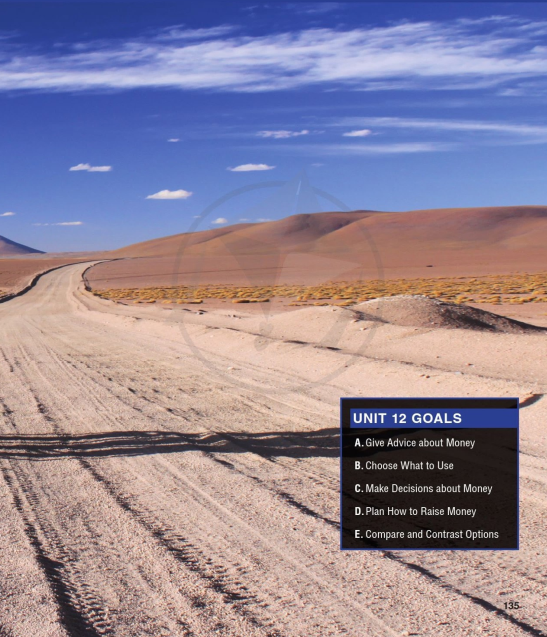
A cyclist comes to a fork in the road in the Altiplano in Bolivia.
Look at the photo and answer the questions.
1. What decision does the man have to make?
2. What decisions do you have to make this week?
(Page 135)
UNIT 12 GOALS
A. Give Advice about Money
B. Choose What to Use
C. Make Decisions about Money
D. Plan How to Raise Money
E. Compare and Contrast Options
(Page 136)
A GOAL Give Advice about Money
Vocabulary
A Read the article from a student magazine. What advice does the article give? Do you think it's good advice?

STUDENT LIFE
Managing your Money
Congratulations! You just received your first student loan. So now it's decision time. How are you going to spend it? On a new phone? Or some cool sneakers? Well, don't! Before you spend a penny of it, make a budget. Compare the amount of your loan with your expenses (rent, transportation, food).
If you don't have enough money for the year, maybe you can borrow more. But if you borrow money from a bank, you pay interest. So, if possible, ask a friend or family member to lend you the money. If they have some extra money, they will probably help you. Or, a lot of students have part-time jobs to earn some money. And if you are a student, you don't pay much in taxes for the money for the job. With this income, try to save some money for later in the year.
WORD FOCUS
lend to ≠ borrow from
Use these verbs to talk about loans:
The bank lends money to you. = The bank gives you money.
You borrow money from the bank. You receive money from the bank.
B Write the words in blue next to the definitions.
1. money that students borrow to help pay for college: __student loan__
2. money you receive from work: ________________________________________
3. money you spend: _____________________________________________________
4. receive money that you have to return in the future: __________________
5. give someone money that they have to return in the future: __________
6. a spending plan: _______________________________________________________
7. put money in the bank for the future: _________________________________
8. the percentage (%) you pay when you borrow money: ________________
9. money you give to the government: ___________________________________
10. get money from working: _____________________________________________
C MY WORLD In pairs, follow the steps below.
1. Make a list of all your monthly expenses (e.g., bus pass, clothes, food, etc.). Write them in the table.
2. Compare your answers with another pair.
| Need | Optional |
(Page 137)
Grammar (See Grammar Reference pp. 160-161)
| Real Conditionals |
| If Clause (Simple Present) | Main Clause (Simple Present or Imperative) |
| The Zero Conditional | If you borrow money from a bank, | you pay interest. |
| The Zero Conditional | If you receive a student loan, | don't spend it all on new clothes! |
| The Zero Conditional | We use the zero conditional to: • talk about facts or things that are usually true. • give instructions or advice. |
| If Clause (Simple Present) | Main Clause (Simple Future) | |
| The First Conditional | If they have some extra money. | they will probably help you. |
| The First Conditional | Use the first conditional to express the future consequence of a realistic possibility now or in the future. |
D Match the clauses. What type of conditional does each sentence express?
1. If you get a job, _________________________________. a. I will have enough money for next summer's trip.
2. If you use a credit card, _________________________. b. apply for a student loan.
3. If I save money regularly, _______________________. c. you earn money.
4. If I bring my lunch to work, _____________________. d. you pay interest.
5. If you don't have enough money for the school e. I will save money on food.
year, _________________________.
E In pairs, complete the sentences in your own words. Use the simple future, simple present, or an imperative form. Then compare your sentences with another pair.
1. If you save 20% of your income every month, _________________________.
2. If you spend more money than you earn, ______________________________.
3. If you borrow money from your parents, ______________________________.
Conversation
F 🎧64 Listen to the conversation. What does the tourist want? What instructions and advice does Jim give?
Tourist: Excuse me. Can you help me?
Jim: Sure, what's the problem?
Tourist: I'm from Japan and I don't have any dollars. I only have Japanese yen.
Jim: If you want to change money, go to the currency exchange.
Tourist: Where is it?
Jim: If you go down this street, there's a currency exchange on the right.
Tourist: Oh, thank you very much. If I change my money, then I will be able to get something to eat.
G Practice the conversation in pairs. Switch roles and practice it again.
H Make new conversations between the tourist and Jim. The tourist wants to:
• get money from an ATM.
• find a bank.
• buy souvenirs.
✔️GOAL CHECK
Give Advice about Money will buy a new laptop.
1. Write down three things you want to do with your savings.
2. In pairs, take turns saying what you want to do and giving advice.
If I save enough money. I will buy a new laptop.
If you buy a new laptop, remember to choose a well-known brand.
